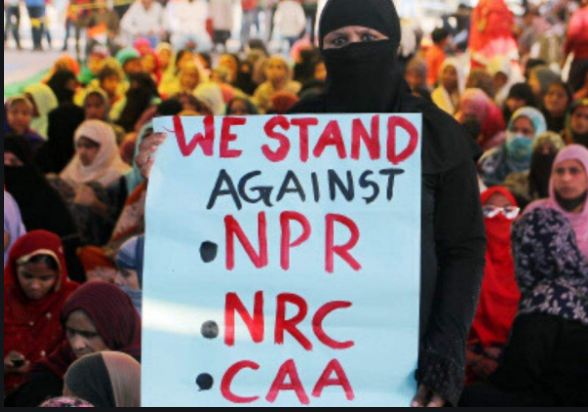New Delhi: The Supreme Court, on Wednesday, said that public places cannot be allowed to be occupied indefinitely by protesters, who could be allowed only in designated areas.
The observation came in relation to Shaheen Bagh in the national capital which was occupied for several weeks by those who protested against the implementation of the Citizenship Amendment Act (CAA) and other laws passed by the government to regulate the illegal influx of people from neighboring countries into India.
Disposing of a number of petitions related to the Shaheen Bagh dharna, which caused a lot of inconvenience to lakhs of citizens of New Delhi for more than 100 days until March 2020, the apex court observed that it is the duty of the administration to remove such road blockades.
Since the administration took no action, the petitioners had to seek the court’s intervention.
A Supreme Court Bench, comprising Justices SK Kaul, Krishna Murari, and Hrishikesh Roy said: “Public places cannot be occupied indefinitely. Dissent and democracy go hand in hand but protests must be carried out in designated areas… Such kind of occupation of public place for protests is not acceptable.”
On September 21, the apex court had reserved its verdict after observing that the right to protest must be balanced with the right of the people to use a public road.
Solicitor General Tushar Mehta had asserted that though the Right to Protest is a fundamental right, it is subject to reasonable restrictions.
On March 23, the Shaheen Bagh dharna site was cleared by the Delhi Police after curbs were imposed on assembly and movement of people in wake of the Covid-19 pandemic.
The protest had begun on December 15 in Southeast Delhi, with mainly Muslim women attending it in shifts. It sparked similar demonstrations at many places across the country in what appeared to be a well-organized protest against the NDA Government, supported by the Opposition parties, NGOs, and other interest and pressure groups.
(VP)

